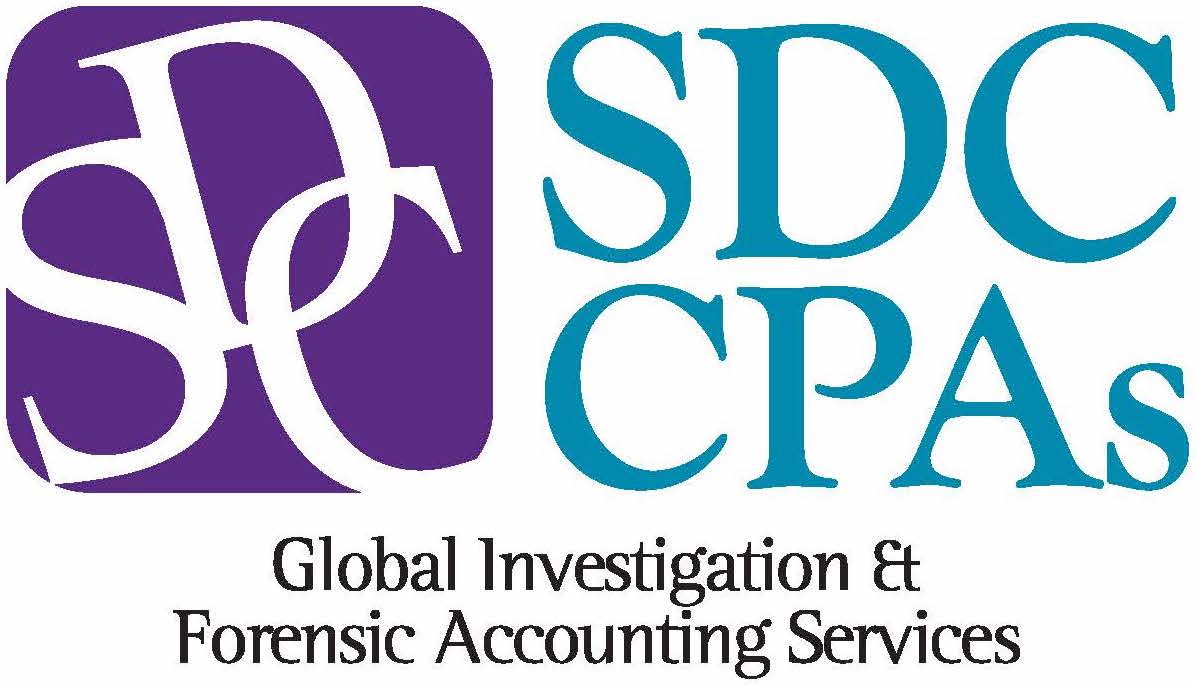Fraud
Travel Rewards: Hidden Misappropriation
In March 2020, business travel grinded to a halt. As the COVID-19 pandemic spread across the globe, 86% of people surveyed by TravelPerk, a business travel management company, cancelled their plans for business travel due to flight restrictions, travel bans, and lockdowns. The trickle-down effect of cancelling flights impacted the entire travel and hotel industry.
...World Bicycle Day on June 3: The Rising Concern In The Bicycle Industry
Employee theft is a pressing issue that affects various industries, including the bicycle sector. While bicycles bring joy and convenience to many, they have unfortunately become a target for employee theft. The loss of valuable bicycles not only impacts businesses financially but also undermines customer trust and disrupts the cycling community.
The bicycle industry has...
Advanced Inventory Concepts
A company files a claim contending a warehouse manager stole $450,000.00 in inventory. The manager, a long-time employee, was trusted with keys and alarm codes. He...
The Computer Fraud and Abuse Act
In 1986, U.S. Congress enacted the Computer Fraud and Abuse Act (CFAA), The CFAA was enacted to combat various types of “computer crime.” The Act criminalized, among other things, the act of intentionally accessing a computer without authorization. In 1986, this meant “hacking or trespassing into computer systems or data.” The CFAA has...
Unusual News
Employee theft and employee dishonesty cases can follow similar patterns. Employees often steal merchandise, cash, or make personal purchases using company credit cards. But some cases stand out either because of the amount of loss or the method of misappropriation. Here are five over-the-top examples of in-house theft and employee fraud:
Recent Ruling: Medidata Solutions, Inc. v. Federal Ins. Co.
The case Medidata Solutions, Inc. v. Federal Ins. Co. involved a fraudulent impersonation scheme and an alleged entry into the insured’s computer system. The case involved a series of events seen all too often. The court’s ruling presents a peek into the intricacies of analyzing coverage in traditional computer fraud claims. It is important to...
Computer Fraud Trends
Since May 2000, the FBI’s Internet Crime Complaint Center (IC3) has received more than 4 million complaints. Incidences of internet crime are steadily increasing. In 2013, IC3 received 262,813 complaints, with a reported loss amount of $781.8 million. In 2017, IC3 received 301,580 complaints, with a reported losses of $1.4 billion.
Tracking the Trends
IC3...
Would Your Employees Pass This Test?
No company wants to become the next Sony or Target. Hacks affecting high-profile companies have caused major headlines and businesses have become increasingly wary. Data shows phishing emails are often the entry points for hackers. Employees who click on links in scam emails could potentially unleash malware or provide access to fraudsters.
Canada ranks second...
Scratch & Scam: Lottery Losses
At today’s convenience stores and gas stops, customers can fuel their cars, pick up a quick snack or cup of coffee, and take a chance at winning millions. Convenience stores and gas stops make a steady income from the sale of lottery tickets and online lottery sales. The lottery sales are also a draw to...
Scientia Potentia Est (Knowledge is Power)
The 2018 Global Study on Occupational Fraud and Abuse is hot off the press – and it’s an important resource for anyone interested in occupational fraud. The report includes valuable information on how fraud is committed, how it’s detected, who commits it, and how organizations can protect themselves. Compiled by the Association of Certified Fraud...



